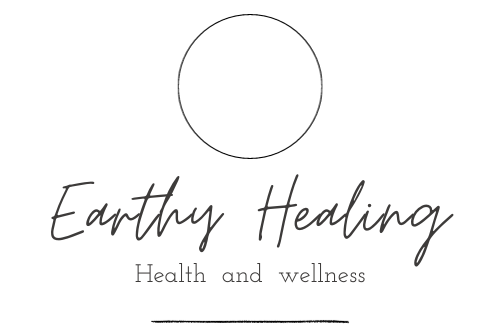Introduction:
Vitamin D, often referred to as the “sunshine vitamin,” is crucial for maintaining healthy bones and teeth, supporting the immune system, and promoting overall health. Unlike other vitamins, vitamin D functions like a hormone, and every cell in the body has a receptor for it. This article will delve into the importance of vitamin D, its health benefits, sources, and how to ensure adequate levels for maintaining health and preventing deficiency-related diseases.
What is Vitamin D?
Vitamin D is a fat-soluble vitamin that comes in two main forms: D2 (ergocalciferol) and D3 (cholecalciferol). Vitamin D3, produced in the skin in response to sunlight, is the more effective form at raising vitamin D levels in the blood. Vitamin D is essential for the absorption of calcium and phosphate in the body, which are critical for bone health.
Health Benefits of Vitamin D
- Bone and Teeth Health: Vitamin D is essential for calcium absorption, crucial for the development and maintenance of strong bones and teeth.
- Immune System Support: It plays a key role in immune function, helping the body to fight off infections and diseases.
- Mood Regulation and Mental Health: Adequate levels of vitamin D are associated with a lower risk of depression and improved mood.
- Reduced Risk of Chronic Diseases: Sufficient vitamin D levels can reduce the risk of diseases like multiple sclerosis, heart disease, and certain types of cancer.
- Muscle Function: It is important for maintaining muscle function, which can reduce the risk of falls and fractures in older adults.
Sources of Vitamin D
- Sunlight is the most natural and significant source of vitamin D. Skin exposure to sunlight triggers vitamin D synthesis.
- Dietary sources include fatty fish (such as salmon, mackerel, and sardines), fish liver oils, egg yolks, and fortified foods like milk, orange juice, and cereals.
- Supplements are available in the form of vitamin D2 or D3 for individuals who have limited sun exposure or dietary intake.
Vitamin D Deficiency
Deficiency in vitamin D can lead to a range of health issues, including bone disorders like osteoporosis and rickets, weakened immune function, increased risk of infections, and chronic diseases. Factors that can contribute to vitamin D deficiency include limited sun exposure, darker skin pigmentation, older age, obesity, and certain medical conditions affecting vitamin D absorption.
Recommended Intake and Supplementation
The recommended dietary allowance (RDA) for vitamin D varies based on age, lifestyle, and health conditions. Generally, adults should aim for 600-800 IU (international units) per day, while some experts recommend higher doses, especially for those at risk of deficiency. Vitamin D supplementation should be tailored to individual needs, based on blood levels and under the guidance of a healthcare professional.
Conclusion:
Vitamin D is a vital nutrient that plays an integral role in maintaining health and preventing disease. Achieving adequate levels through sun exposure, diet, and supplementation when necessary is essential for supporting bone health, immune function, and overall well-being.

